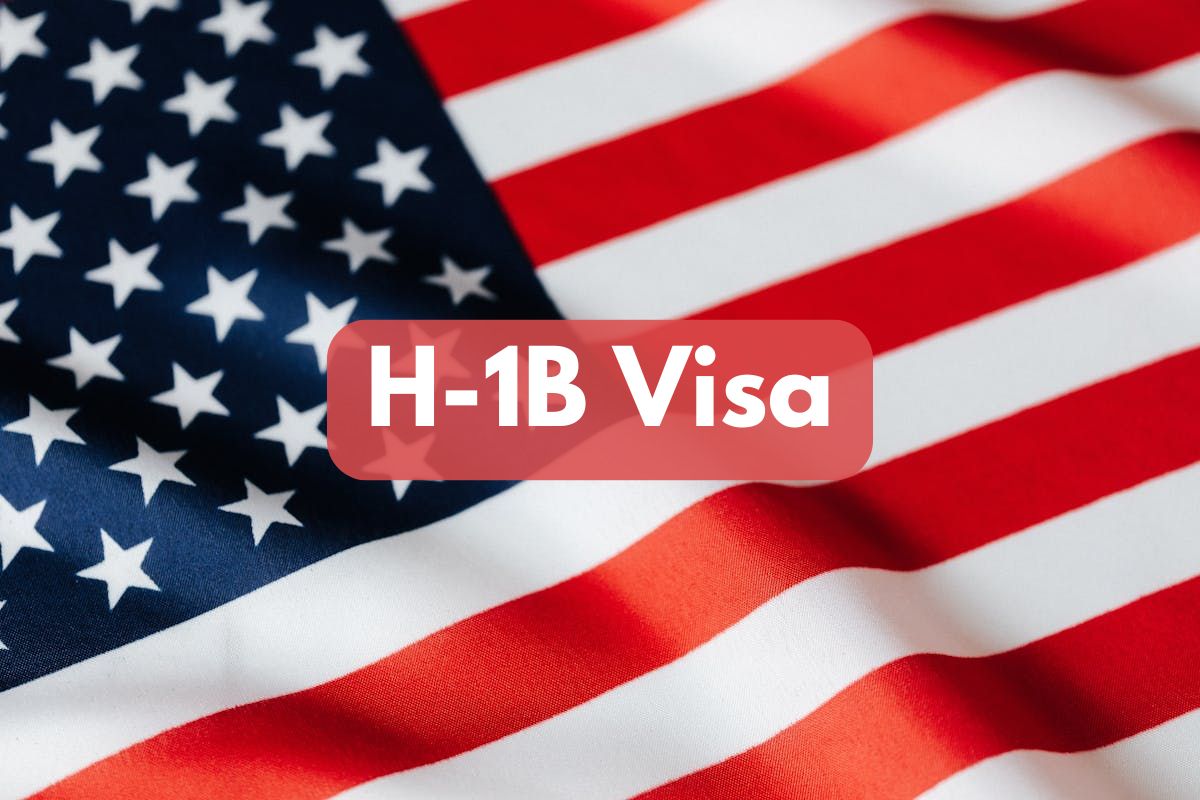The U.S. Department of Homeland Security (DHS) has submitted a proposed rule to the Office of Management and Budget (OMB) that could significantly change how H-1B visas are allocated each year.
Instead of using the current random lottery, the new rule could introduce a weighted selection system, giving preference to applicants based on criteria such as wage levels or education.
The rule is currently in the early review stage. It won’t take effect unless it completes the full federal rulemaking process, which typically spans several months.
What Is the Weighted Selection Process?
In simple terms, rather than randomly awarding H-1B slots, the new process could rank applicants. Those with higher wages or advanced degrees may move to the front of the line. This model could dramatically affect who receives an H-1B visa each year.
Here’s how it may work:
- Applications would be grouped by wage levels. Top-tier wages are ranked highest, with lower wages following.
- Visas are distributed down the wage tiers until the annual cap is reached.
- If there are too many applicants at a certain wage tier, a mini-lottery within just that group may occur.
Why Now? The Story Behind the Proposal
This is not the first time the government has tried to change the H-1B selection formula:
- 2021: The Trump administration finalized a wage-based rule to replace the lottery, but it was paused and eventually scrapped by the Biden administration.
- 2025: The latest proposal, inspired by these earlier efforts, is up for rigorous review and public comment before any change can take effect.
What’s Next in the Review Process?
Here’s how the federal rulemaking process works:
| Step | Timeline |
|---|---|
| OMB Review | Typically up to 90 days |
| Federal Register Publication | After OMB approval |
| Public Comment Period | Usually 60 days |
| DHS Review of Comments | No fixed duration |
| Final Rule Publication | Often 30–60 days after public review ends |
Until OMB finishes reviewing the draft and the rule is published in the Federal Register, all details remain confidential.
Why This Matters for Employers and Workers
If the proposed rule becomes law, it could shift the competitive landscape for U.S. employers hiring foreign talent. Tech companies, startups, and other firms that rely on international workers may need to offer higher wages to improve their odds in the H-1B selection process.
On the flip side, this could make it harder for small businesses or early-career professionals to secure H-1B visas under the cap.
How to Prepare
Once the rule is published, businesses and individuals can submit public comments to weigh in on how the changes could impact them. These comments can shape the final version of the rule.
If you’re an employer who regularly hires foreign talent, start reviewing your current H-1B strategy now. Higher wage offers may become a more critical factor in visa success.
Final Thoughts
This proposed rule could be one of the most consequential changes to the H-1B program in years. If passed, it may reward employers who are willing to invest more in skilled workers, while sidelining the current element of chance in the selection process.
Until the rule is finalized, the 2025 H-1B lottery process remains unchanged.
